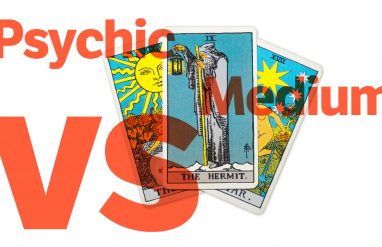It can be easy to mix up loath and loathe because of their extremely similar spellings, but here’s the difference: Loath is an adjective that means reluctant. Loathe is a transitive verb that means to be disgusted with. The fact that both words carry negative connotations also makes it easy to confuse them.
It might help to know that their pronunciations are slightly different. Loath is pronounced with a soft -th sound at the end, rhyming with both or growth. Loathe, on the other hand, uses a or hard -th sound at the end of the word, so that it rhymes with clothe.
The easiest way to tell the difference between these words is to check how they’re used in a sentence. Because loathe is a transitive verb, it always provides the action in a sentence and it always has a direct object. Loath, on the other hand, is often followed by an infinitive verb (like to run).
Loath
Loath goes all the way back to Old English, when it meant hateful or repulsive. It primarily survives in one grammatical construction. You can say you’re “loath to do something” when you’re reluctant to do it.
In the biography The Life of Samuel Johnson by James Boswell, a letter from Johnson to Boswell contains this construction: “I hope to meet you somewhere toward the north, but I am loath to come quite to Carlisle. Can we not meet at Manchester?” Here, Johnson is reluctant to travel a great distance to meet his friend, and uses the adjective loath to express his feelings.
Loathe
Loathe is a transitive verb with the meaning to be disgusted or repulsed by. Many people use it to express an emotion even stronger than hate.
The popular musical Wicked uses the gerund form of loathe (loathing) in its song “What is This Feeling?” It’s a strong word that helps the lyrics capture the characters’ sense of disgust and repulsion:
Let’s just say, I loathe it all
Every little trait however small
Makes my very flesh begin to crawl
With simple, utter loathing!
Loathsome
Bonus: the adjective loathsome, which means offensive or repellent. While the spelling of this word makes it look like it’s related to loath, it’s actually closer in meaning and pronunciation to loathe. Loathsome is pronounced with loathe‘s hard -th sound, despite its spelling.














